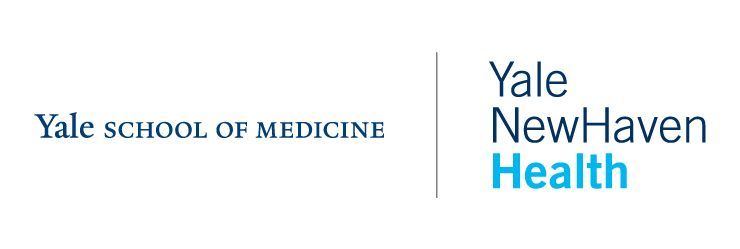
Yale New Haven Hospital Heart and Vascular Center offer multidisciplinary services from the latest imaging techniques and genetic profiling of HCM to advanced diagnostic testing, treatment options, and clinical trials – all with an emphasis on compassion and communication.
Yale New Haven’s well-established HCM center provides specialized, expert physicians and staff specially trained to manage HCM. This multidisciplinary team has the experience necessary to provide seamless care to patients and their families at every age and stage of this disease. Yale has three Co-Directors of the HCM Program: Dr. Rachel Lampert, Dr. John Stendahl, and Dr. Sounok Sen.
The HCM team includes specialists in:
- Adult and Pediatric Cardiology
- Advanced Heart Failure Cardiology
- CardiacaAesthesia
- Cardiac Electrophysiology
- Cardiac Genetics
- Cardiac Imaging
- Cardiac Surgery
- Cardio-Obstetrics
- Interventional Cardiology
- Nutrition
- Research
- Social Work
Services include medical management, genetic counseling, family screening, advanced management of heart rhythm disorders, catheter-based procedures, and surgical interventions when necessary. Yale New Haven HCM Team provides clinical trial access and monthly support group meetings.
The Yale New Haven HCM Team recently participated in our BigHearted Warriors Unite Webinar Series. If you would like to watch team members Dr. Rachel Lampert, Dr. John Stendahl, Dr. Sounok Sen, Dr.Arya Mani, and Dr. Nikhil Sikand’s free Bighearted Warriors education webinar, please visit https://www.youtube.com/live/xXvmdTJNxKQ?si=oFRIw70lYUmM-FL6.
For more information on the Yale New Haven HCM Program in New Haven, CT, please visit: https://4hcm.org/yale/
For more information on all HCMA-recognized centers of excellence, please visit https://4hcm.org/center-of-excellence/.
The post Yale New Haven Hospital Heart and Vascular Center – New Haven, CT appeared first on Hypertrophic Cardiomyopathy Association.


 Translate
Translate

